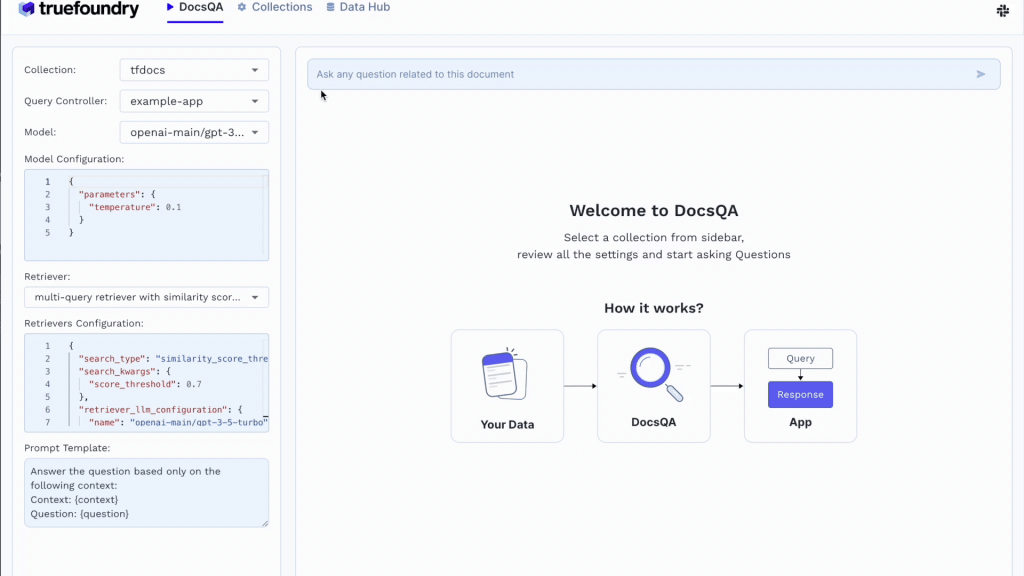Managing and deploying Retrieval-Augmented Generation (RAG) systems has recently become a significant challenge, especially when moving from experimental setups to production environments. While tools like Langchain and LlamaIndex offer convenient abstractions for initial development and prototyping, they often need to catch up regarding modularity, scalability, and extensibility required for production. As a result, organizations need help ensuring their RAG components are efficiently organized and production-ready.
Current solutions for building RAG systems typically involve using Jupyter Notebooks for experimentation. However, these setups often need more structure and flexibility for a robust production environment. The code for chunking and embedding data, query processing, and model deployment usually needs to be more cohesive and manageable. Furthermore, scaling these components to handle increased traffic and integrating them with other systems can be cumbersome and resource-intensive.
Cognita addresses these issues by providing a well-organized framework for RAG systems. It builds on the capabilities of Langchain and LlamaIndex, ensuring that each component of the RAG setup is modular, API-driven, and easily extendable. Cognita allows developers to maintain a clean and organized codebase, facilitating easier experimentation and customization. Moreover, it offers a production-ready environment that supports local and scalable deployment and a user-friendly UI for non-technical users to interact with the system. Cognita demonstrates its effectiveness in organizing and deploying RAG systems. It supports incremental indexing, ensuring that only new or updated documents are processed, reducing the computational load. The framework also includes:
Features for handling multiple queries simultaneously.
Autoscaling with increased traffic.
Integrating with existing systems via APIs.
Additionally, Cognita supports state-of-the-art open-source embeddings and reranking methods, ensuring high-quality document retrieval and question-answering. With its modular approach, users can easily customize data loaders, embedders, parsers, and vector databases to suit their needs.
In conclusion, Cognita offers a comprehensive solution for transitioning RAG systems from experimental stages to production environments. Providing a structured and modular framework simplifies managing and deploying these systems. Its support for incremental indexing, scalable query handling, and seamless integration with other systems makes it a valuable tool to implement robust and efficient RAG solutions. With Cognita, both technical and non-technical users can benefit from an organized, production-ready environment for their RAG needs.
You can try out Cognita at:Â https://cognita.truefoundry.com
The post Cognita: An Open Source Framework for Building Modular RAG Applications appeared first on MarkTechPost.
Source: Read MoreÂ

